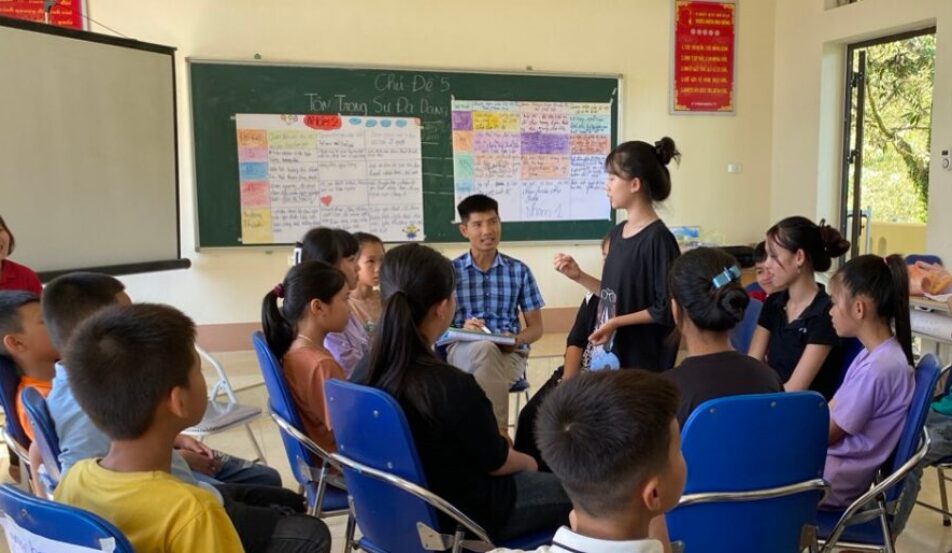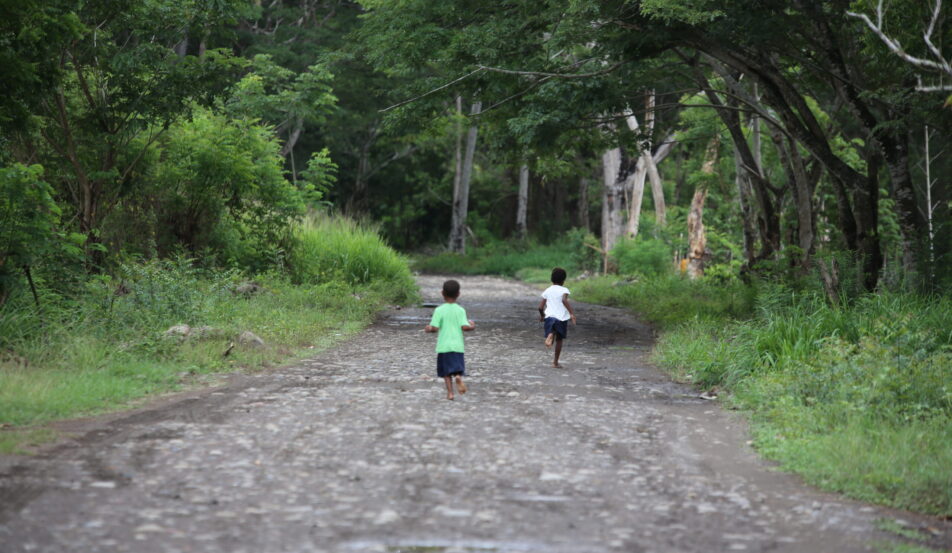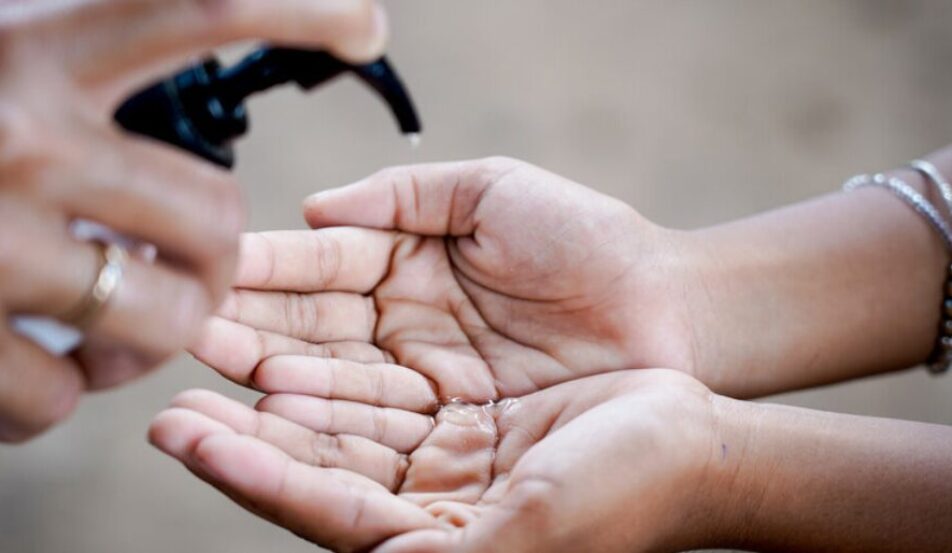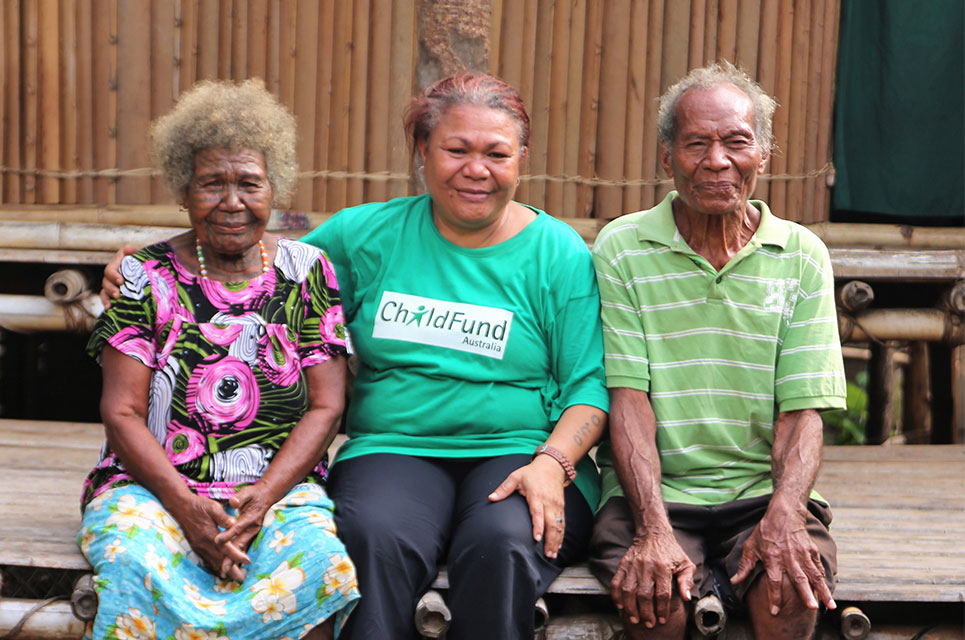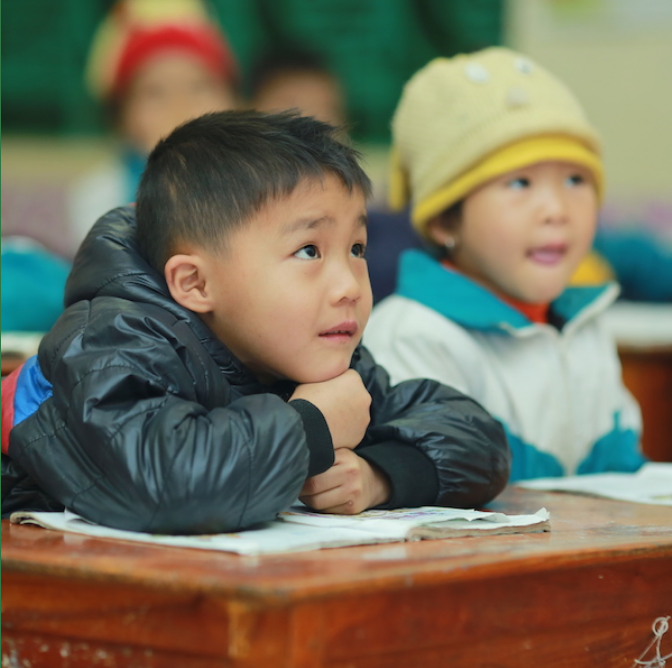The PNG government has set ambitious targets to reduce these frightening statistics but reaching these targets will require a significant increase in the number of doctors and midwives in our country.
Training people as midwives and doctors takes time, so while we are developing a new generation of qualified healthcare staff, we need to address urgent issues at the community level if we are to save lives.
As the head of ChildFund Papua New Guinea’s national health program, I am responsible for programs to give women in rural villages like mine access to a better quality of care when it comes time for them to give birth.
We are working to increase technical skills and knowledge at a grassroots level. This means not only upskilling community health workers in remote communities, but training new village health volunteers so they can offer basic health support to pregnant women unable to reach a clinic.
We provide delivery kits which contain a plastic ground sheet to give birth on, soap to wash hands, gauze to wipe a newborn babies’ eyes, and a sterilised blade to cut the umbilical cord. These reduce the risks of infection and possible death for both mother and child.
We distribute lighting kits so that health workers can see what they’re doing during. With proper lighting, it is possible to determine whether the whole of the placenta has been delivered and, if not, ensuring a woman is referred to hospital. Retained placentas are leading cause of infection and hemorrhaging and can result in death.
In an ideal world, we want mothers to have their babies in clinics that are staffed with skilled healthcare professionals and which can cater for any complication during delivery.
But right now, the reality is that most women will continue to give birth in the village – either at home or in makeshift clinics. So we have to make it safer.
We are delivering simple interventions but we know that they are effective, cost-efficient and that they will save lives. Women in Papua New Guinea’s villages have waited far too long for access to better healthcare.
Olive Oa has worked in the healthcare sector in Papua New Guinea for over two decades. She is head of ChildFund Papua New Guinea’s health program.



